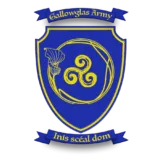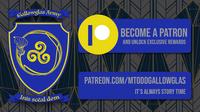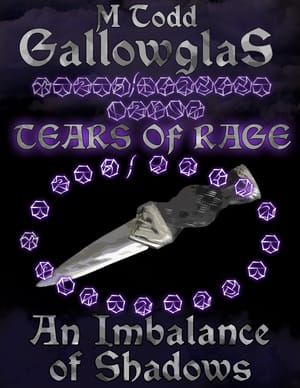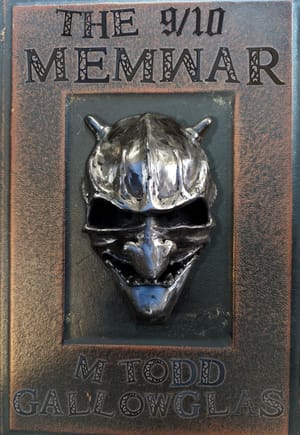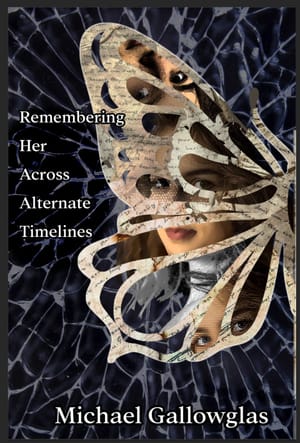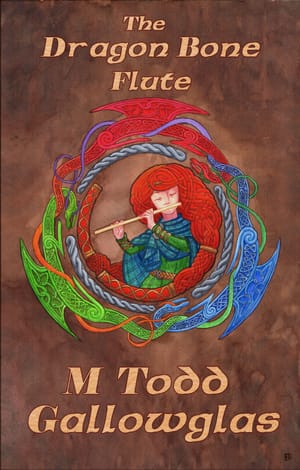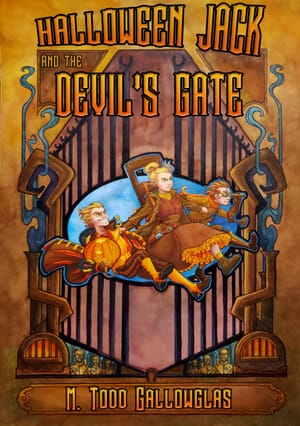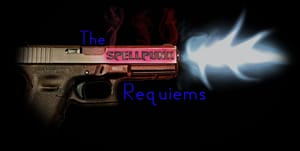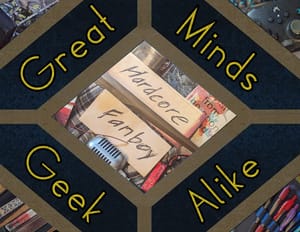10 Genre Books for Literary Readers
Last week, I did 10 Literary books for genre readers. This time around, I’m doing 10 Genre Books for Literary Readers. These are works that have influenced my quest to become the best writer I can be. Happy reading.
Viriconium, by M. John Harrison - The prose is pure poetry. So much of Viriconium flies in the face of traditional genre conventions. The stories are not so much about what needs to be done, but rather about the people who have to make sure the thing gets done. Did I mention the prose is pure poetry?
Thirteen, Fourteen, Fifteen O’clock, by David Gerrold - These wonderful, stream-of-consciousness narratives explore how to tell a story from the perspective of someone who is borderline brilliant but never received much in the way of formal education. Such an amazing joy to read.
Memoirs of an Imaginary Friend, by Matthew Dicks - Just as the title suggests, it’s a memoir of an imaginary friend. Budo, the narrator, is born into existence from the mind of Max, an autistic boy. It’s a heartbreaking tale about love, friendship, sacrifice, and the importance of imagination.
Jonathan Strange and Mr Norrell, by Susanna Clark - This is an epic tale about the only two practical magicians navigating life and society in England during the Napoleonic wars. Clark writes with such skill and precision that it’s easy to forget it’s a contemporary novel. The footnotes are a pure delight.
The Avram Davidson Treasury, by Avram Davidson - This collection of short stories is a showcase of the brilliance of one of the most under-appreciated storytellers in Speculative literature. No two stories bear any similarity to each other aside from Davidson’s genius. He’s so good, he can even make the American Dental Association come off looking heroic.
The Fifth Season, by N. K. Jemisin - It took me a couple of times through to get past my own personal aesthetic to appreciate this book and its sequels. It’s full of intriguing structural choices and flawed, but engaging, characters. Any book that makes me realize that liking a book is not a requirement for learning from a book or appreciating it as a groundbreaking moment in speculative literature.
Charles Williams Omnibus, by Charles Williams - Williams was a friend and colleague of C. S. Lewis and J.R.R Tolkien. He and Y.B. Yeats were buddies in the Hermetic Order of the Golden Dawn. His writing is far more mature and ambitious than either Lewis or Tolkien. This book contains his entire body of work, and it’s worth going through. My particular favorites are The Name of the Lion, Greater Trumps, and All Hallow’s Eve.
Lovecraft Country, by Matt Ruff - This was the basis for the HBO show of the same title. While I think the show was even more daring, this book planted the seeds. Despite his influence, H.P. Lovecraft is a highly problematic figure. This book pays homage to Lovecraft’s influence yet turns the blatant racism rampant through his works back around on that legacy. Both the book and the show are worth your time.
Dahlgren, by Samuel R Delany - An epic story taking place in a fictional American city cut off from the rest of the country. This massive tome of a book wanders through the neighborhoods and relationships while exploring questions about friendship, duty, loyalty, sexuality, and the nature of community. It’s just a gorgeous book from the sentences to the overarching narratives.
The Essential Ellison, by Harlan Ellison - Disclaimer: Ellison is among my all-time favorite writers. He’s a polarizing figure, but his influence on genre fiction and the writing community as a whole in the 20th century cannot be denied. This massive tome contains a “warts and all” sampling of Ellison’s fiction, essays, and teleplays. It provides interesting insight not just into one of the most prolific writers of the 20th Century, but it also highlights his growth over an incredible career for those who read the work carefully.
Happy reading!
(P.S. – I use Amazon referral links because I’m a hustling creative in late-stage, free-market capitalism.)
